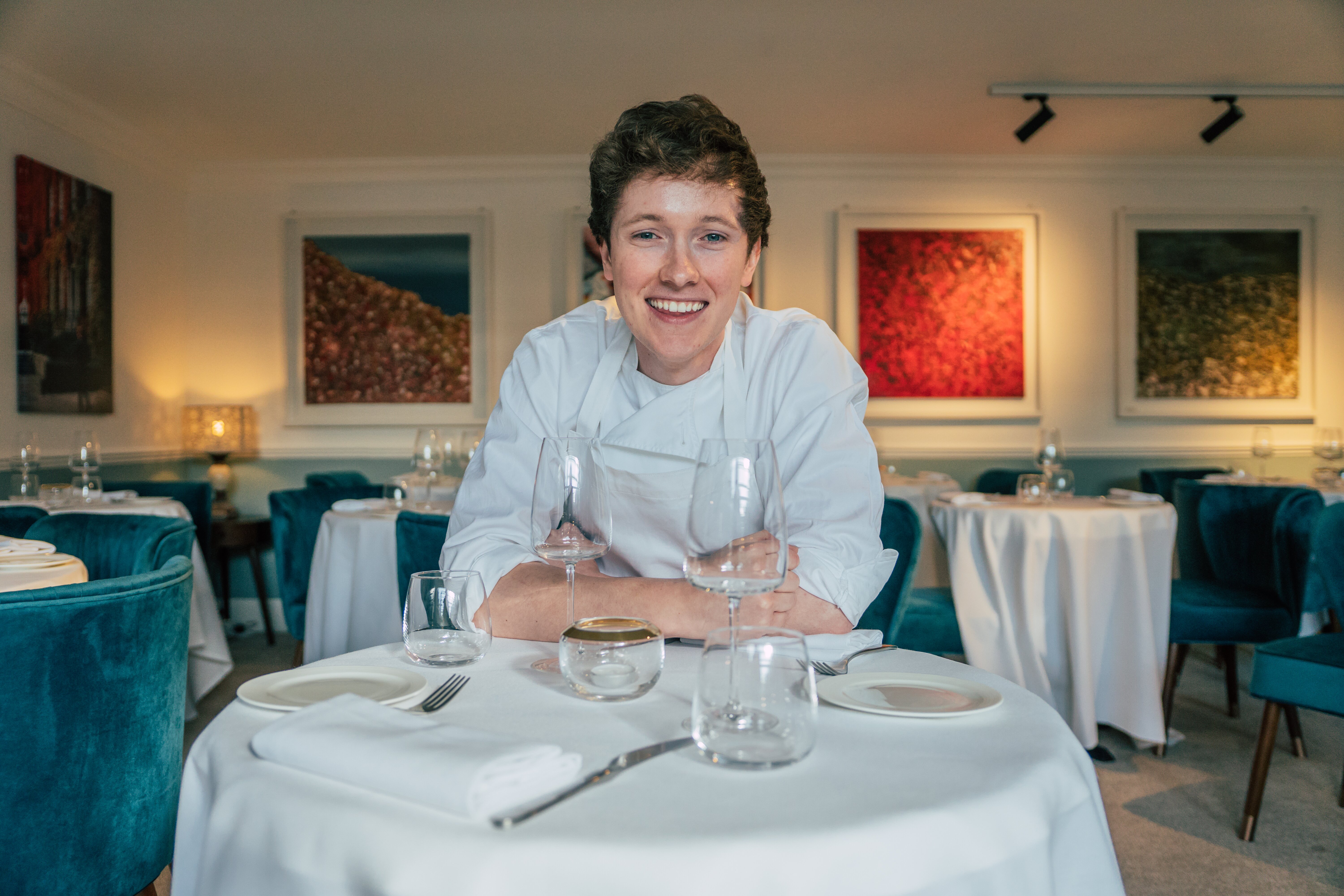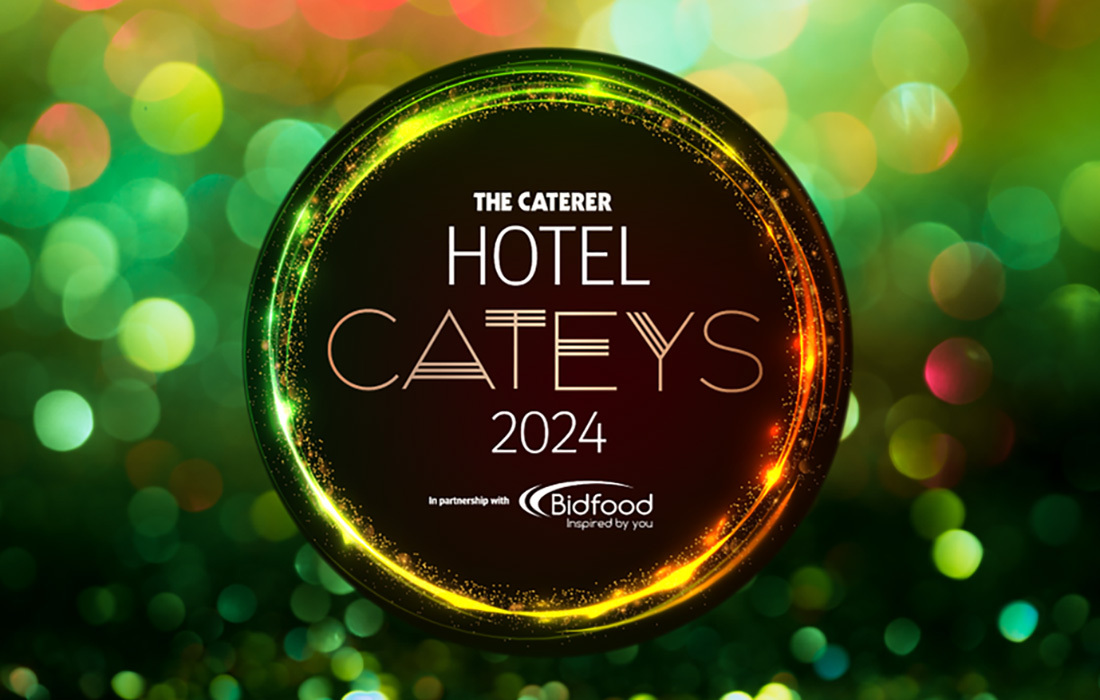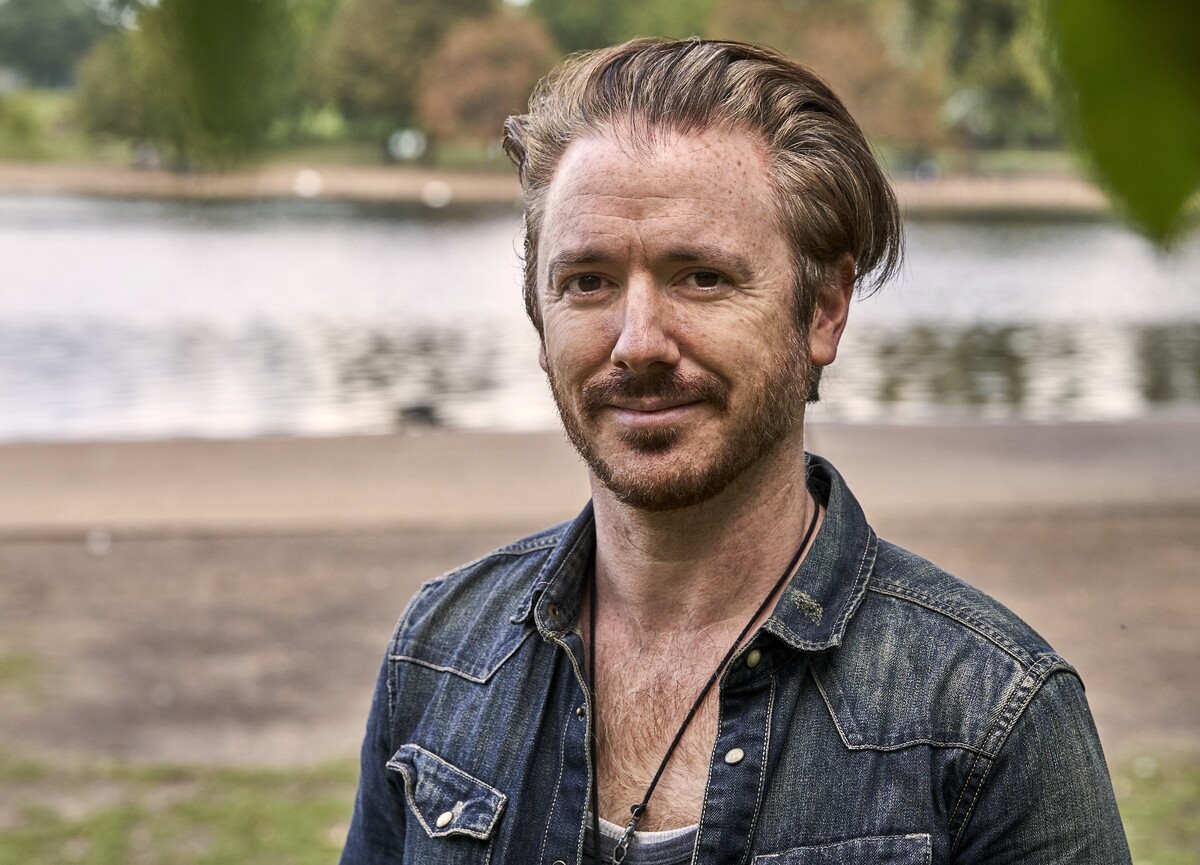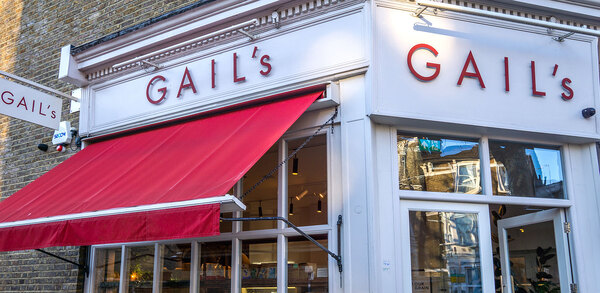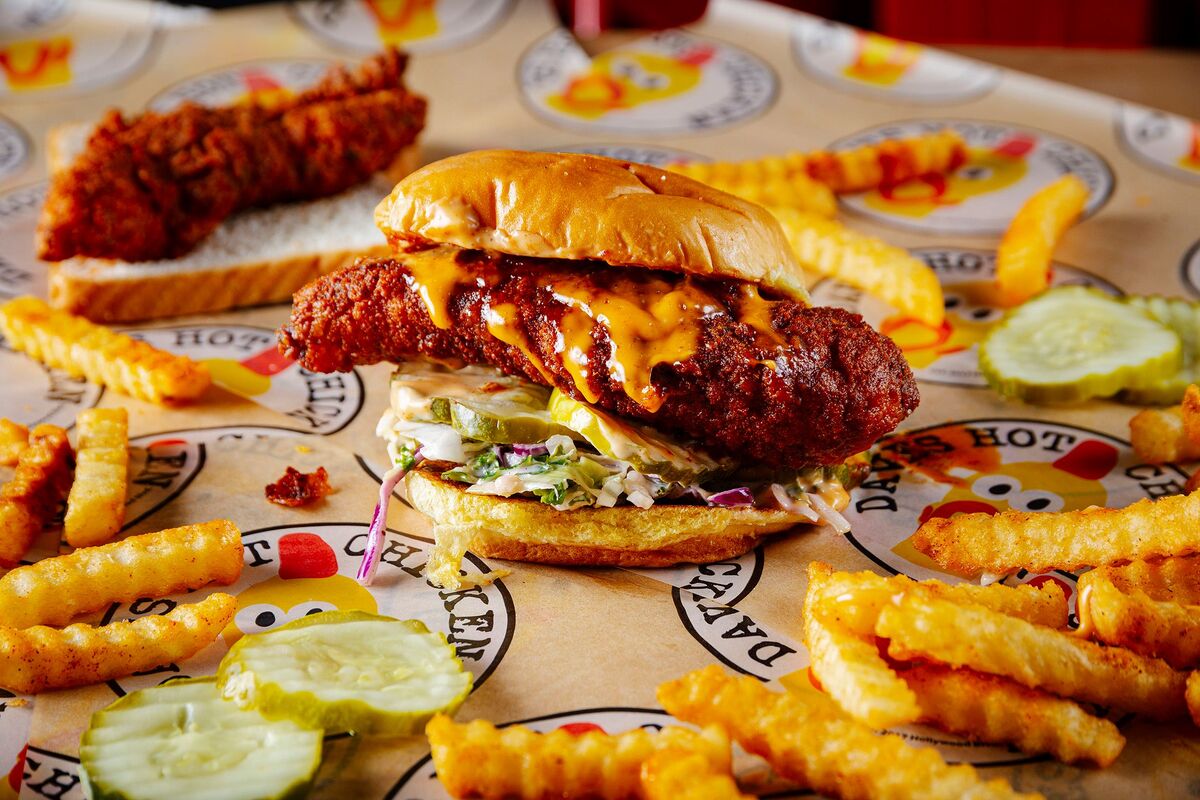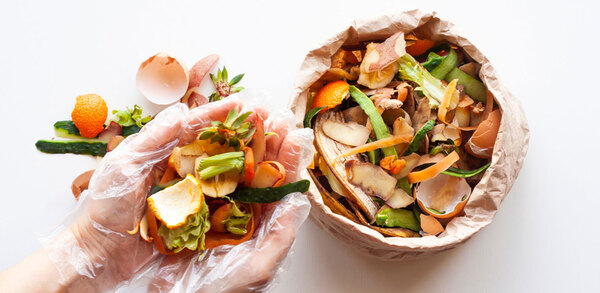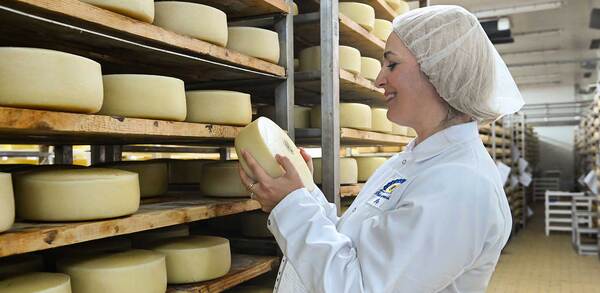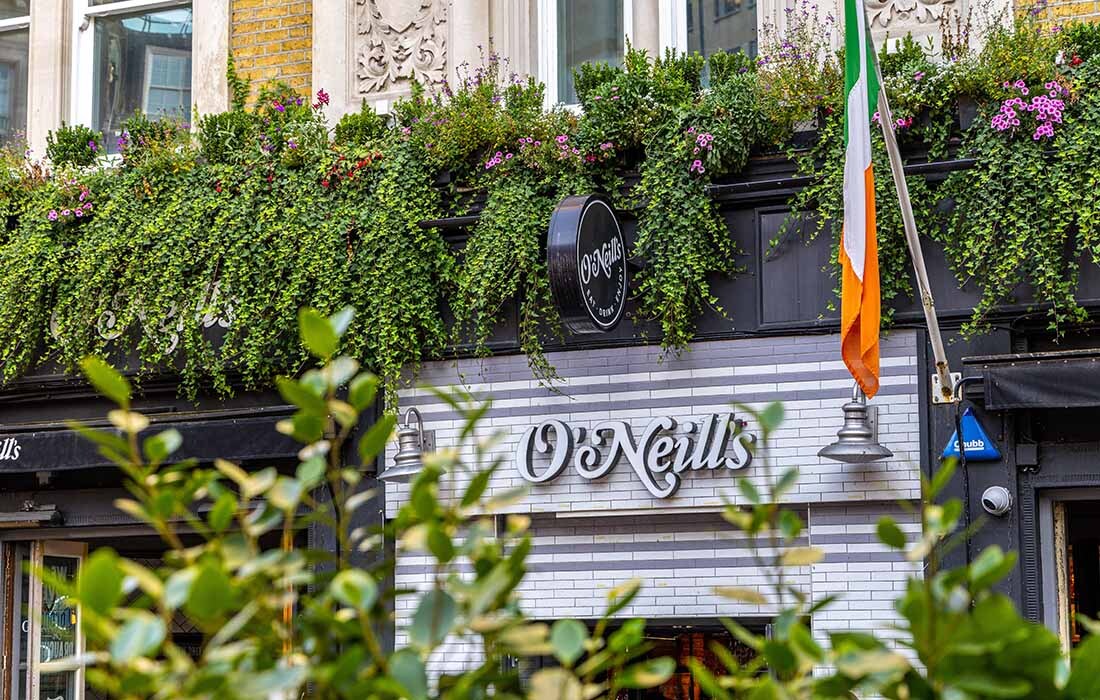Open and shut: The restaurants that opened for the first time during the pandemic
Restaurant launches are recipes for stress at the best of times. Throw in a global pandemic, a nationwide lockdown and the overnight disappearance of diners, and it’s a whole different ball game.
Tom Vaughan speaks to five restaurants that were slated to open immediately before or during lockdown, to see how they coped.
The Tapas Room, Brixton
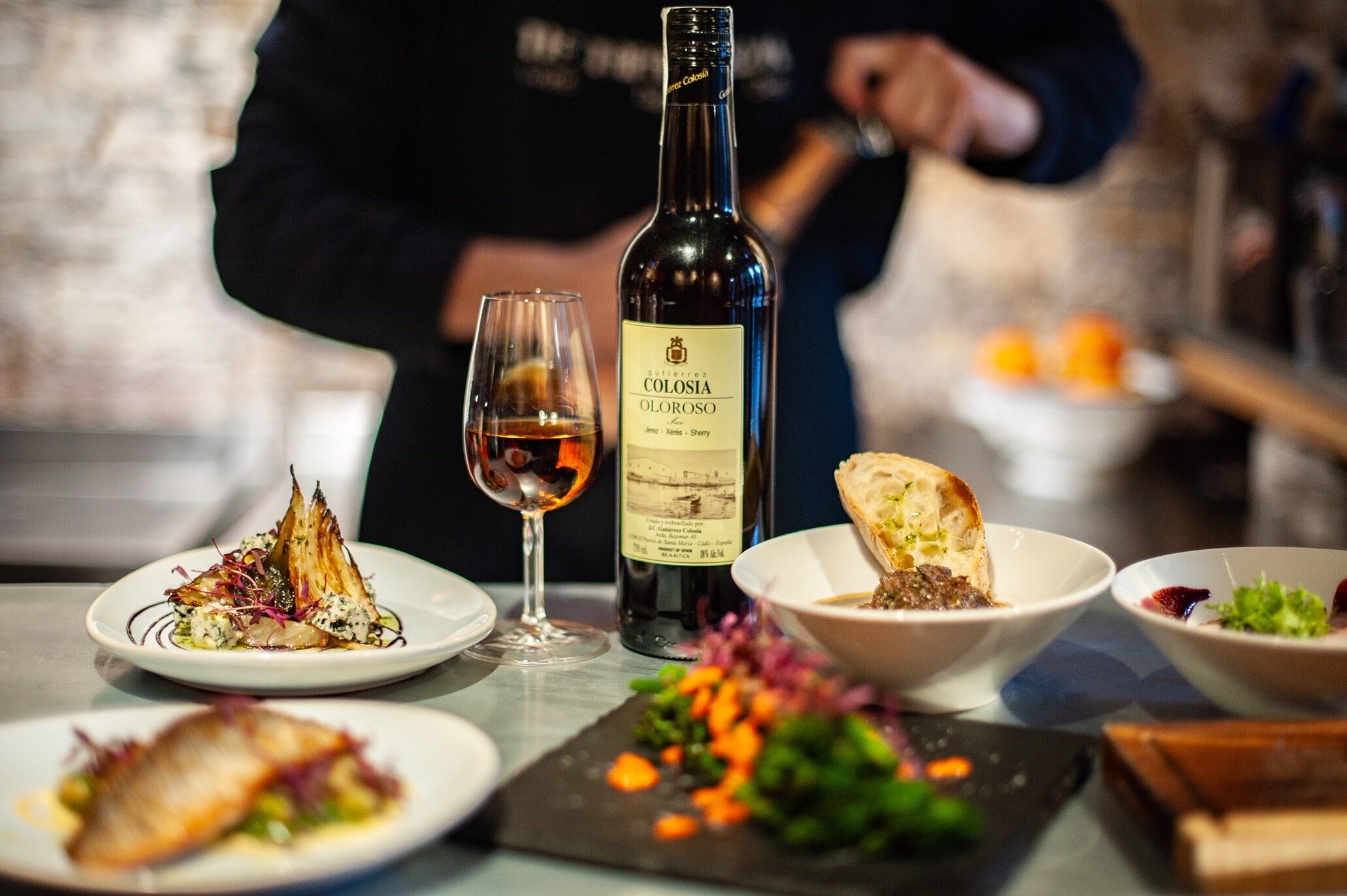
Not every story is one of doom and gloom. Paul Belcher was due to open his third Tapas Room site, in London’s Brixton Village, at the end of March. Then the lockdown put everything on ice. However, the pandemic had unexpected advantages.
“When the government bounce-back loans kicked in, they were actually on much better terms than the loans we had in place for the restaurant, so we were able to borrow at a much better rate,” he explains.
With only one new member of staff not qualifying for furlough, he was able to keep him busy on other sites and was not forced to let many other staff go. “We were helped enormously by banks, building societies and by suppliers putting payments on hold. And our Deptford site, which we had converted to a shop and deli, was bringing in revenue.”
The Brixton site finally opened on 21 July, aided by Brixton Village working with restaurants on Covid-19 restrictions. “They’ve been great in helping us find as much space as possible to use outside. We had planned to open with about 35-40 covers but now, with the outside tables, it will be roughly the same.”
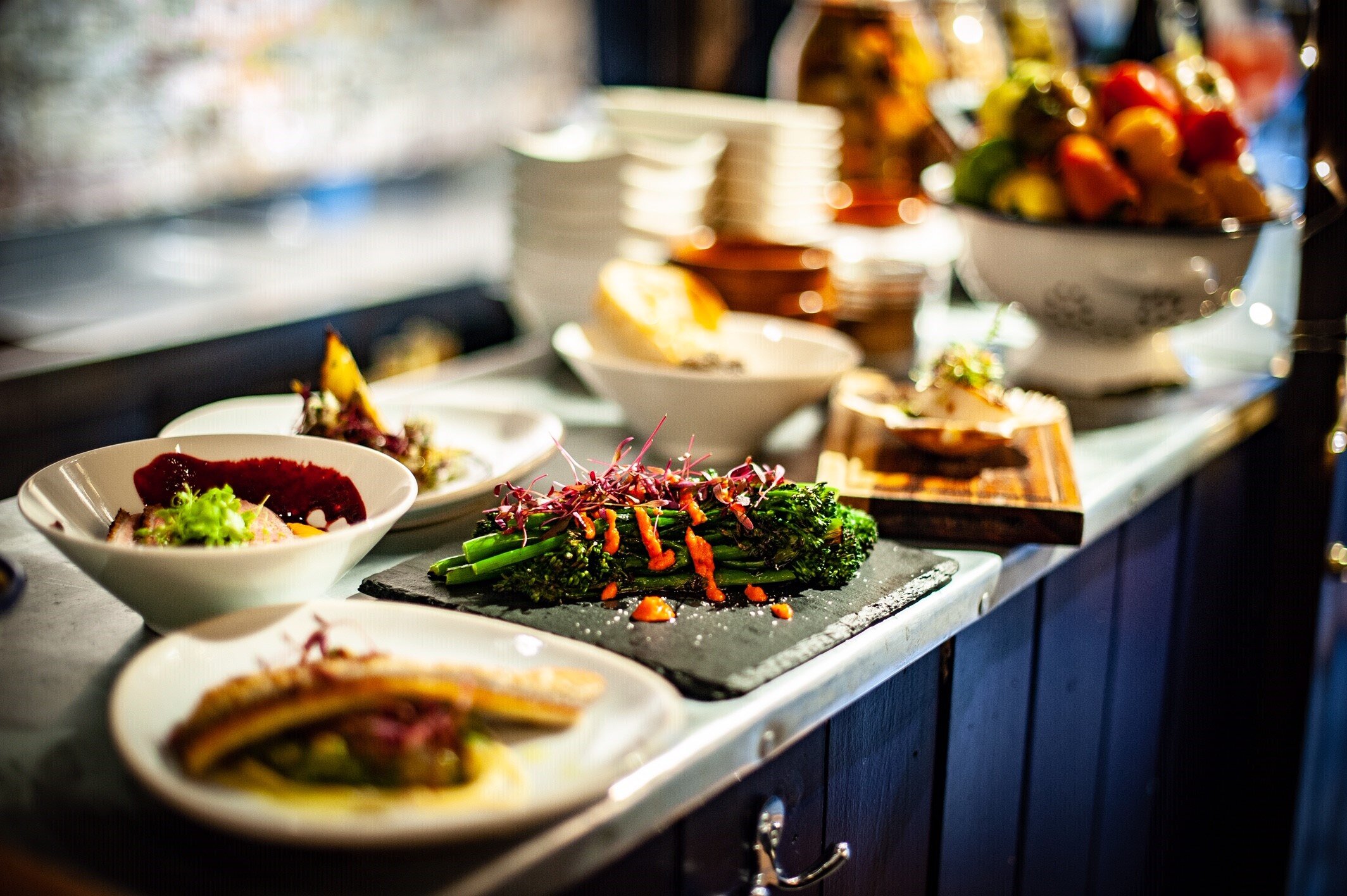
If in 2019 he had glimpsed the future, would he have still gone ahead with the launch? “Absolutely! We’re opening another site in Battersea soon, and I think this is a really good time for neighbourhoods, although I’m glad I’m not in the West End – big love to my brothers and sisters who are. People at the moment want to shop local and eat local. They want to help us out because we are on their doorstep, part of their community, and they have seen what we have gone through.”
Wildflower, London

Chef Adrian Martin had been working on his first London restaurant, Wildflower, for a year before lockdown hit.
“The idea was to find a small space with maybe only 20 seats that would let us be really inventive with food,” he says. “We wanted it to be in the hustle and bustle of a market, which is chalk and cheese compared to your usual fine-dining restaurant, and an opportunity came up with Camden Market.”
Securing a site in the area’s new Buck Street Market, which has been built out of shipping containers, Martin put his all into the site – even flying over from his native Ireland with his brother to paint and decorate two shipping containers – before opening on 7 March with an Irish-inspired, eight-course tasting menu, priced at £60 per person.
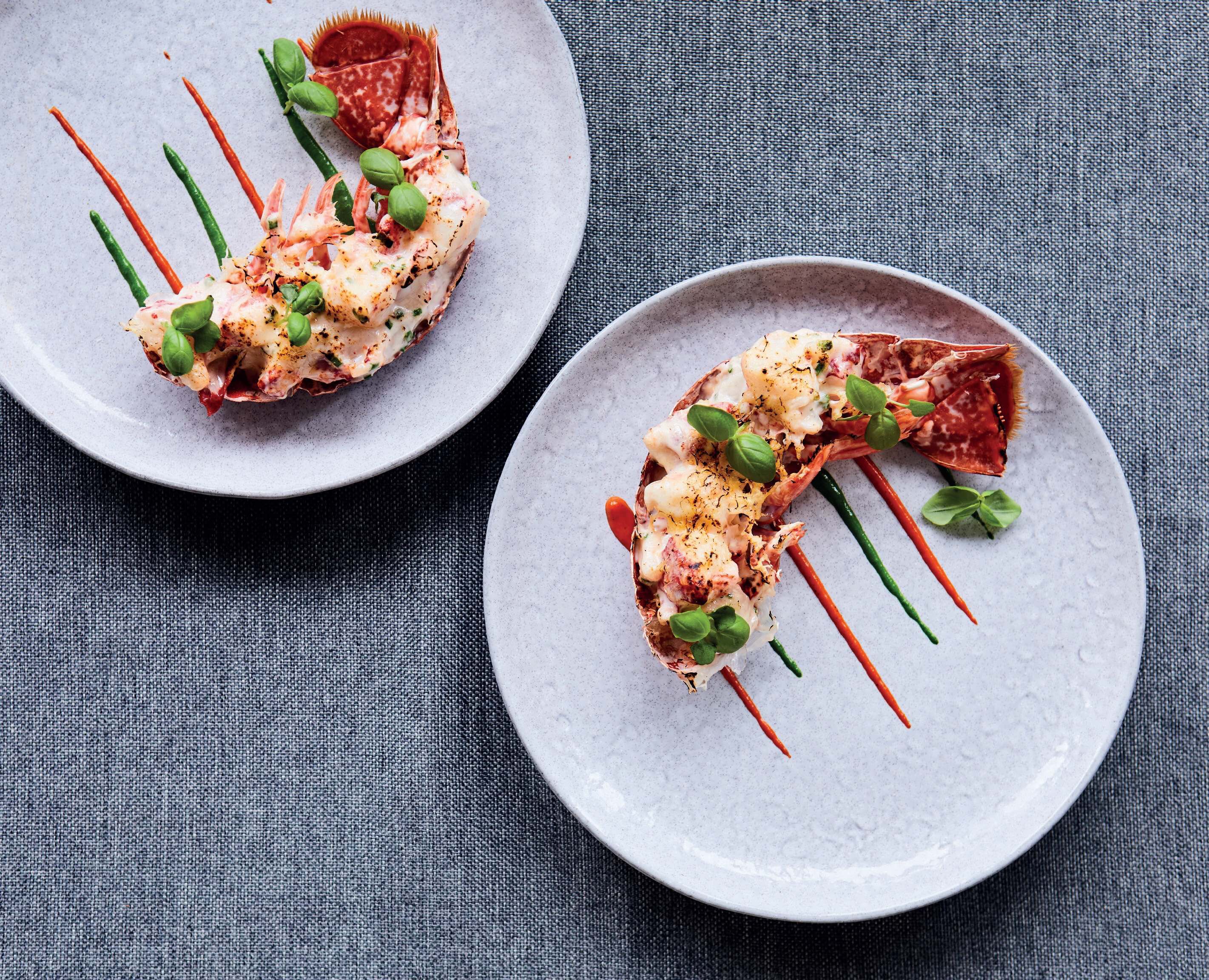
“We were booked out for lunch and dinner until May,” he says. “Then that following week, I was looking at our online bookings and every couple of minutes there would be a new cancellation. I was watching the news in Ireland and they locked down a week earlier than us. I had a decision to make – if I stayed I could be stuck in London on my own in a one-bedroom flat, knowing no one.”
With a UK lockdown looking inevitable, he made the painful decision to shut the restaurant, give all the food away to a local homeless shelter and fly back to Dublin. Having recently opened, he had no government support – “as a new business from Ireland, I had zero credit rating so couldn’t even get a loan,” he says – so was only able to pay his staff a week’s wages before letting them go.
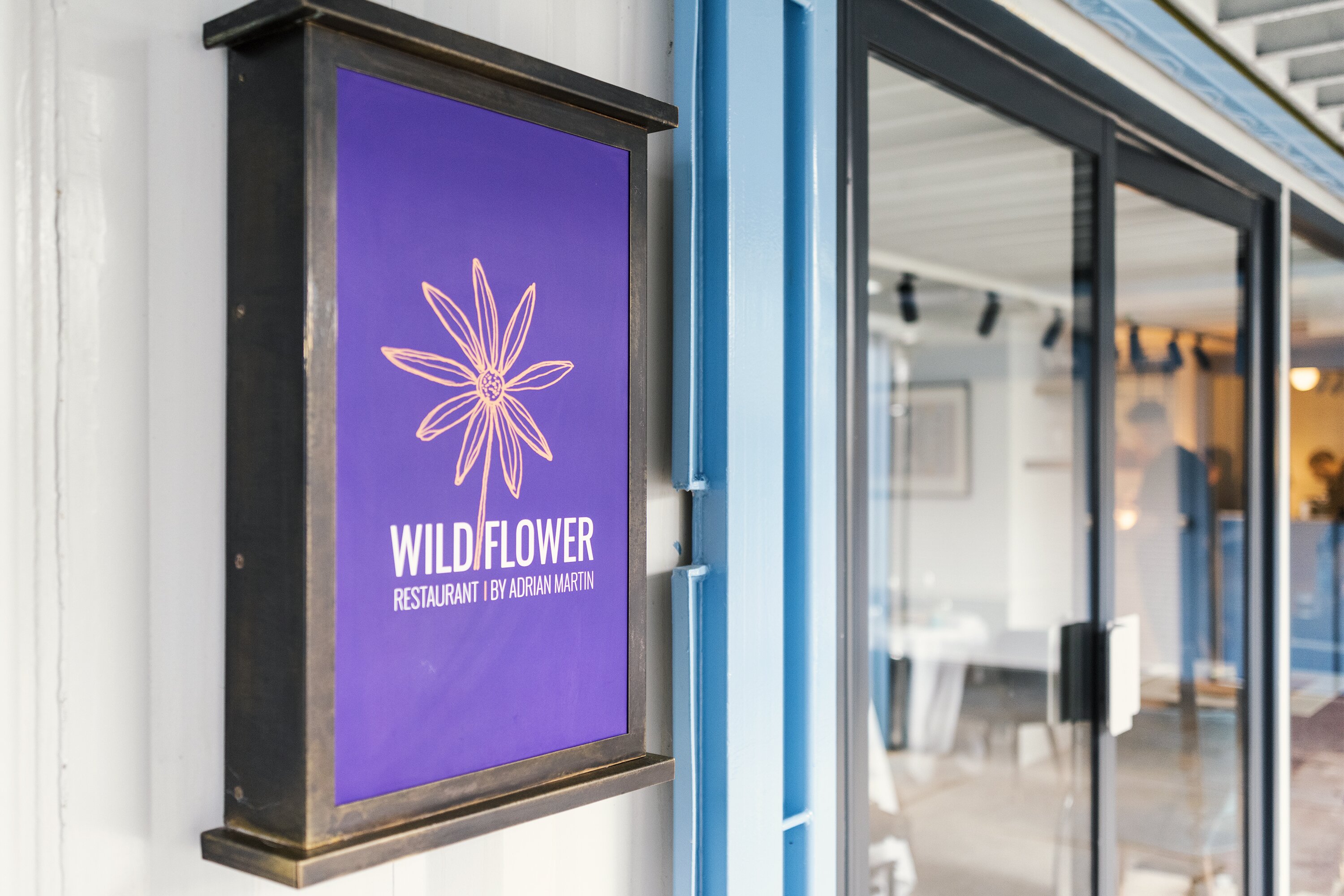
“The restaurant was entirely self-funded from my savings. It was devastating to have to see all the cash flow disappear once I’d paid staff and suppliers. I barely had anything left to survive personally.”
Most of his staff were forced to return to their native countries, meaning he lost his workforce and, for two months, he wasn’t sure if he would be able to reopen the business. “It was a stressful time, it really was. I didn’t think I’d scrape through, but, luckily, I came into some work in Ireland that helped me out.”
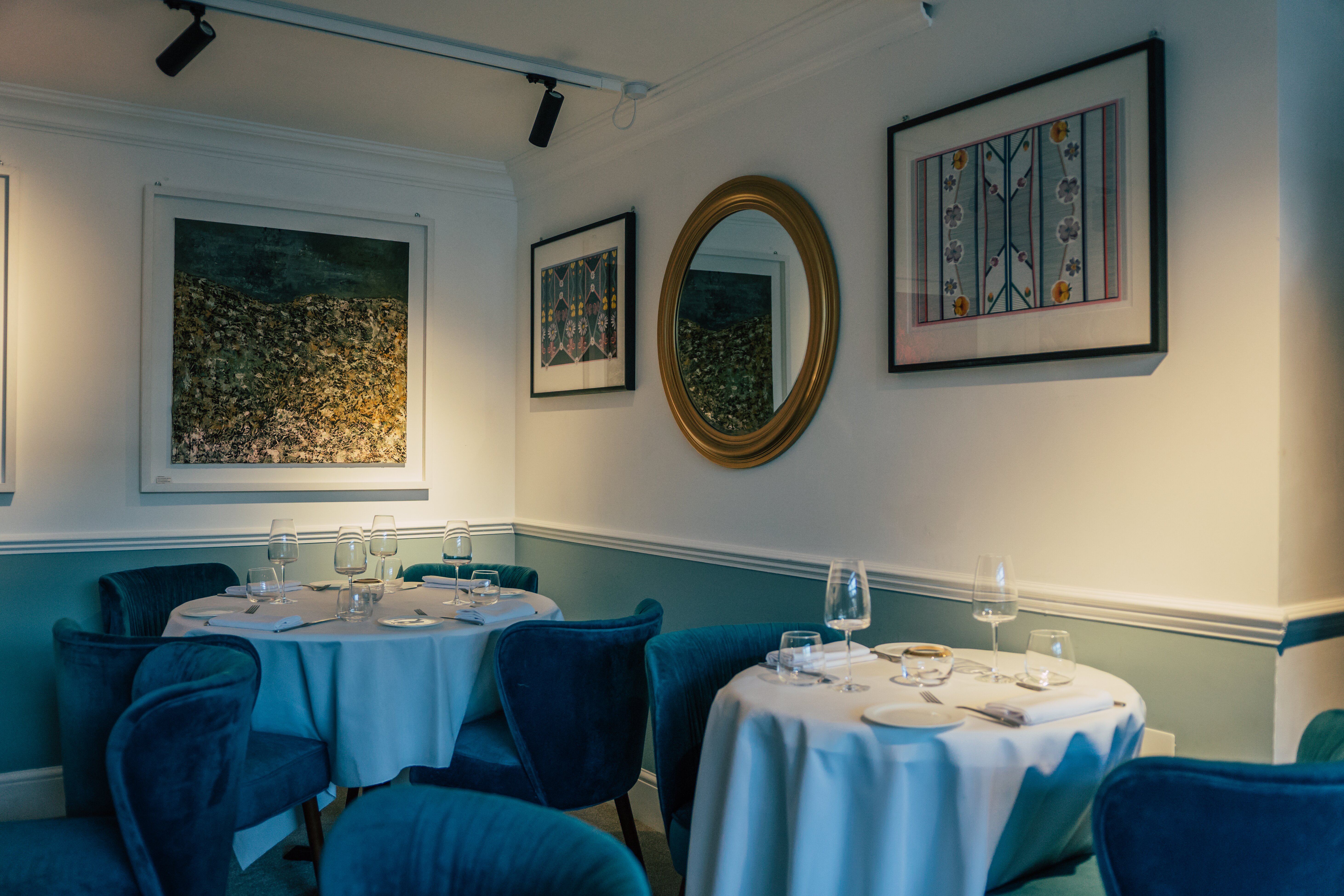
The restaurant was able to reopen on 16 July. But Covid restrictions have meant completely rewriting the business model, slimming the covers from 26 to 10-15 (depending on seating arrangements), cutting staff numbers from 11 to four and being smart – pickling and fermenting vegetables rather than relying on expensive fresh produce.
“Bookings are good now – we’re fine, we’re ticking over,” he says. “But we’re prepared for anything that comes at us because anything could happen over the next few months.”
We’re prepared for anything that comes at us because anything could happen over the next few months
Fallow, Mayfair, London
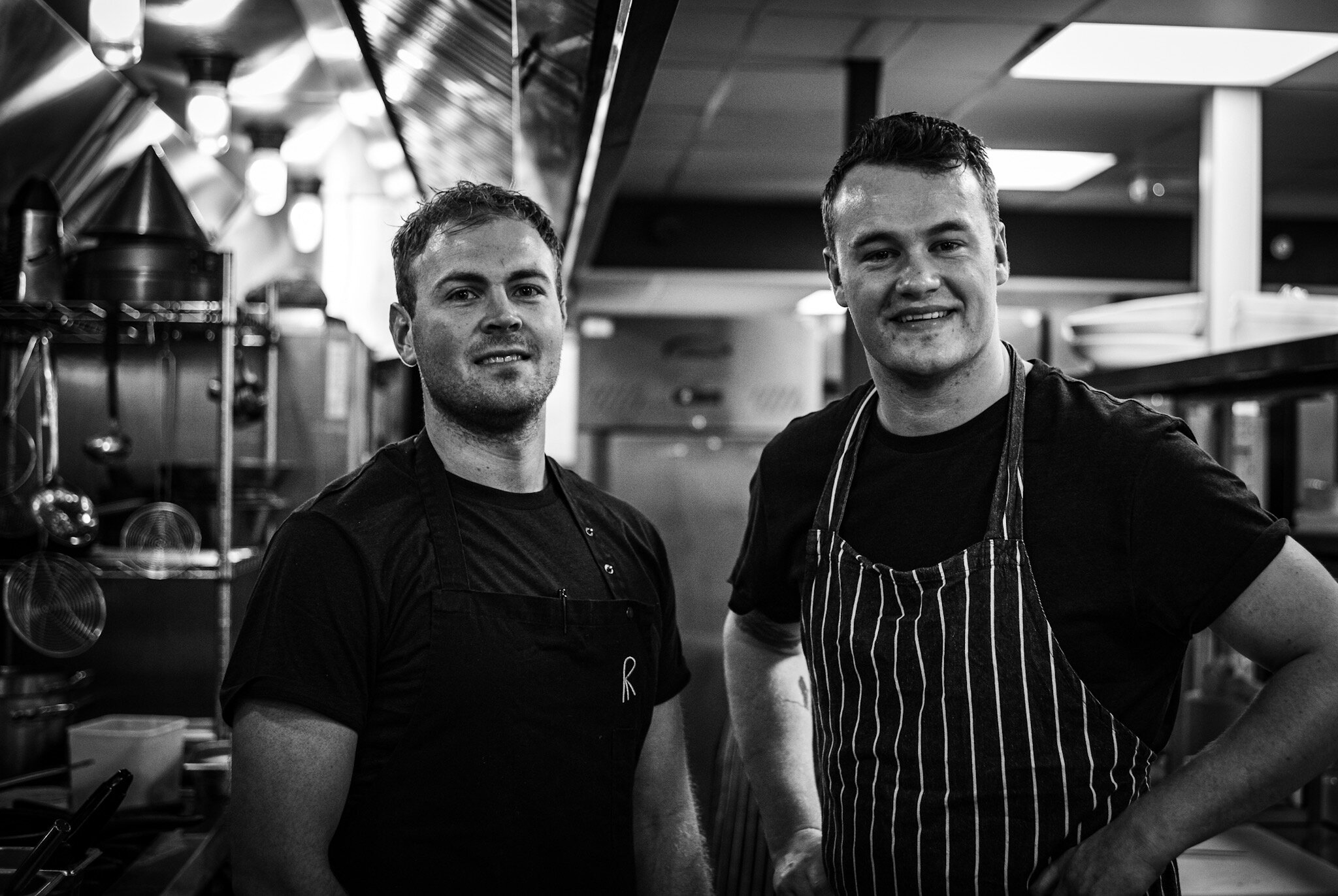
This was supposed to be the year that launched Will Murray and Jack Croft onto the London dining scene.
After meeting in the kitchens at Dinner by Heston Blumenthal, the two chefs dreamt up a concept for a sustainability-led restaurant, showcasing their modern-British cooking. Partnering with Mews of Mayfair founder James Robson, the trio ran a few pop-up nights and a month’s residency to test-drive their restaurant concept – called Fallow – before opening what was supposed to be a four-month residency at Mayfair’s 10 Heddon Street in March.
“It started amazingly; we were packed from day one. There was this coronavirus thing we were hearing about on the news a bit, and then 10 days after opening, we were closed,” says Robson. “Suddenly, two chefs who had pumped their life savings into a new business were facing armageddon.”
As a new business, none of the 15-strong staff qualified for government support. “We paid them 80% of their wages for a month and had to let them go. We tried to appeal it, but there was no appeal system,” explains Robson.
To make matters worse, two of the three business partners then came down with coronavirus. “You couldn’t make it up. But after four weeks of recovery, we came back in and thought: right, what have we got to do to make this work?”
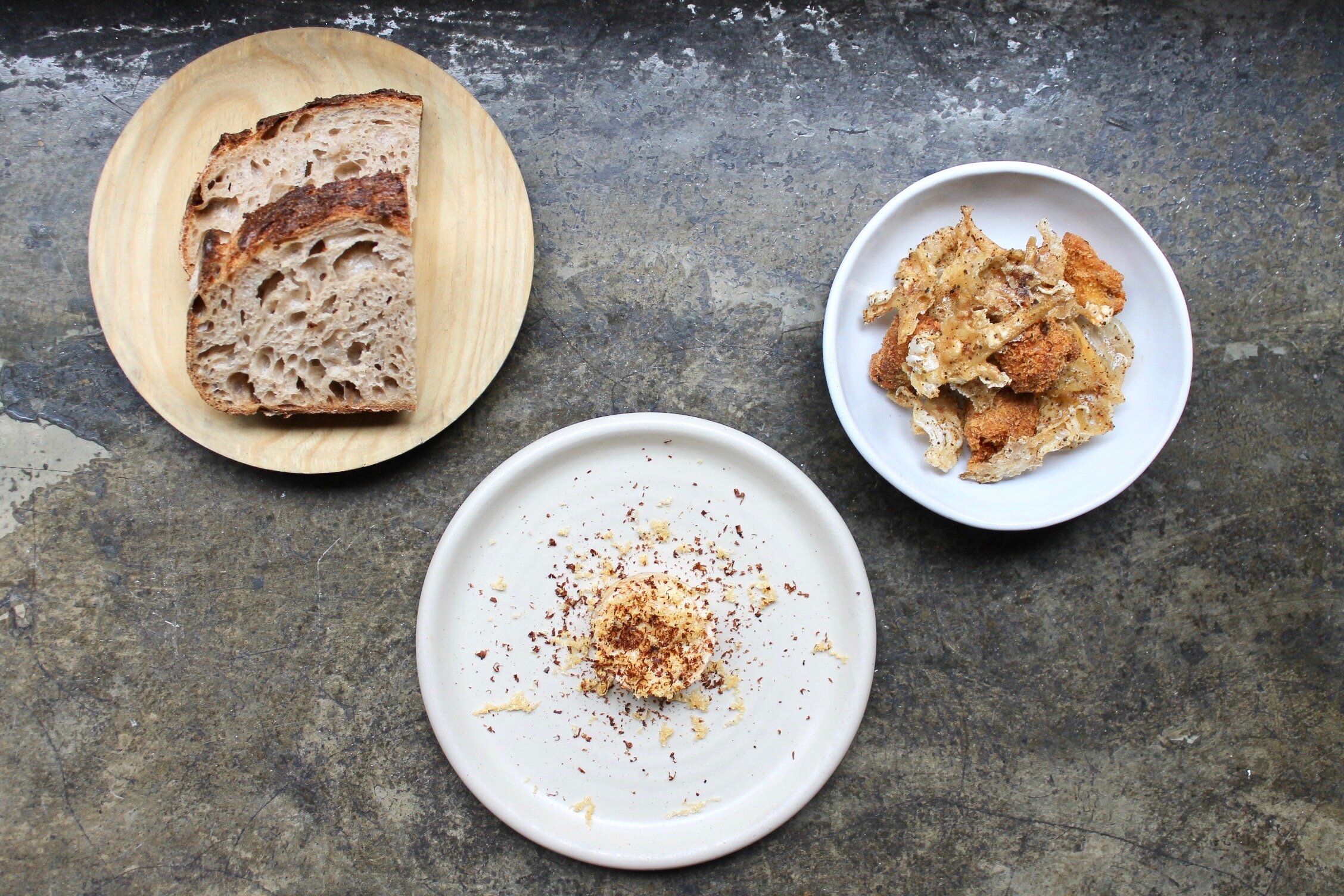
Landlords the Crown Estate threw them a lifeline in releasing them from their rent for a quarter, but they still had other costs to cover. Immediately, the team pivoted to takeaway. “Hats off to Will and Jack. It was their dream to open a modern British restaurant and they swapped it for burgers and ribs in the space of a month. Credit to them for not being arrogant and doing what was needed.”
Offering a plant-based burger, a handmade burger from dairy cows and a slow-cooked forerib, the takeaway quickly gained a cult following. “I thought at the start that it would be 90% aggregators – your Deliveroos – but there were still a few people living in and walking around London. They’d get their takeaway, walk down and eat it on the street. We’d police it, make sure there were no big groups and that people were being sensible.”
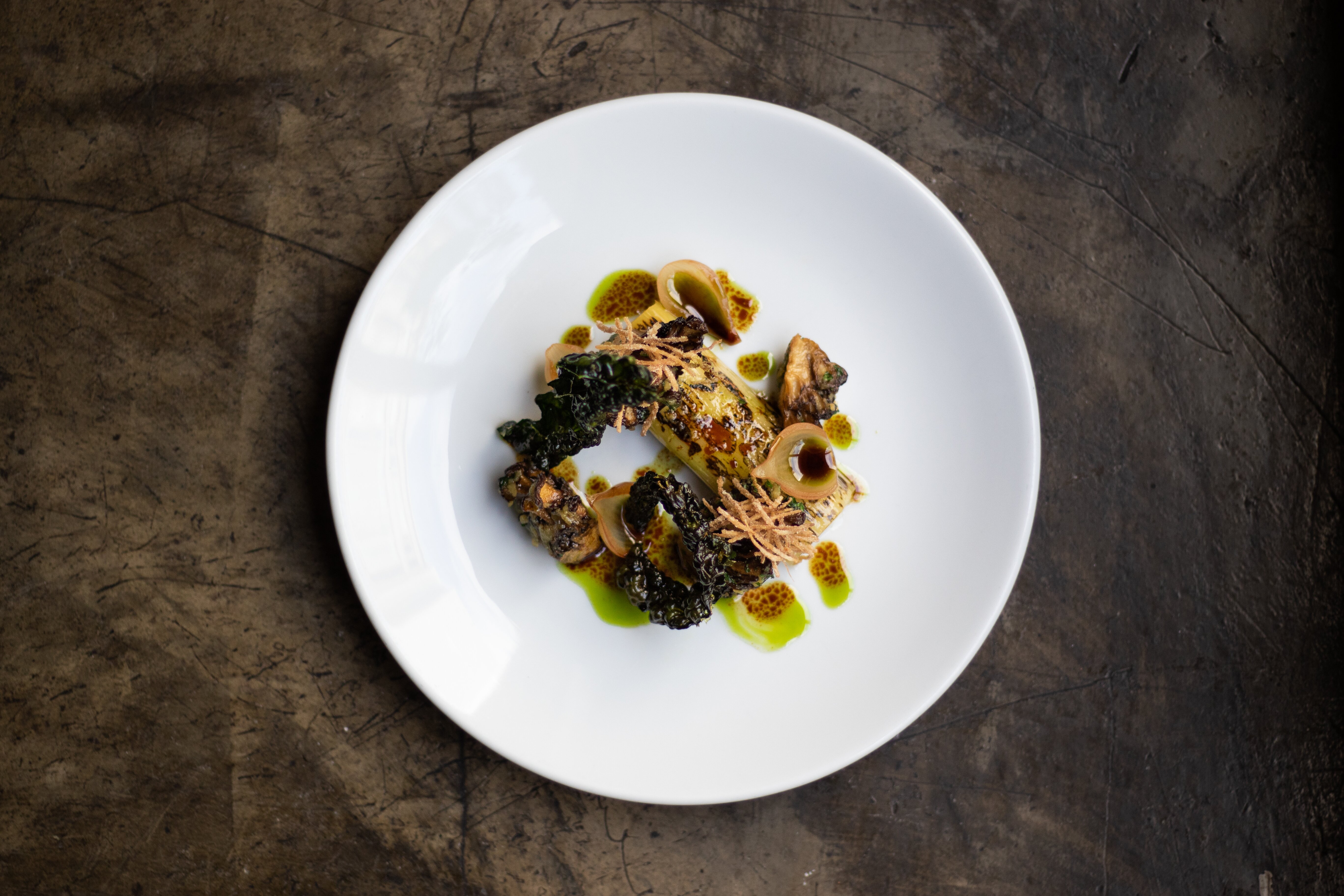
As well as takeaway, the team created their own retail lines – including sriracha sauces, seasoning, granola, barbecues – and even ran online cooking lessons. And while a plan is in place to immediately pivot back to retail and takeout in the event of a second wave, the restaurant is now open and Robson is staying glass-half-full about the scenario in which they find themselves.
“As long as consumer confidence picks up – and initial signs show it is – and as long as people act responsibly – which it looks like they are – then it is onwards and upwards. Put it this way, we’re looking for site two. We’ve obviously haemorrhaged an element of cash but we see this as an opportunity to find the right site. We’re talking to landlords and their expectations of rent have come down to a reasonable level. We’ve decided that we’re going to stay positive but not naïve.”
We’ve decided that we’re going to stay positive but not naïve
Attawa, Dalston, London
For husband-and-wife team Amar and Ravinder Madhray, March was supposed to have been the realisation of a long-held dream to open their own restaurant. Called Attawa and located on London’s Dalston Kingsland high street, the plan was for a 32-seat cover concept inspired by the Punjab region where the couple grew up.
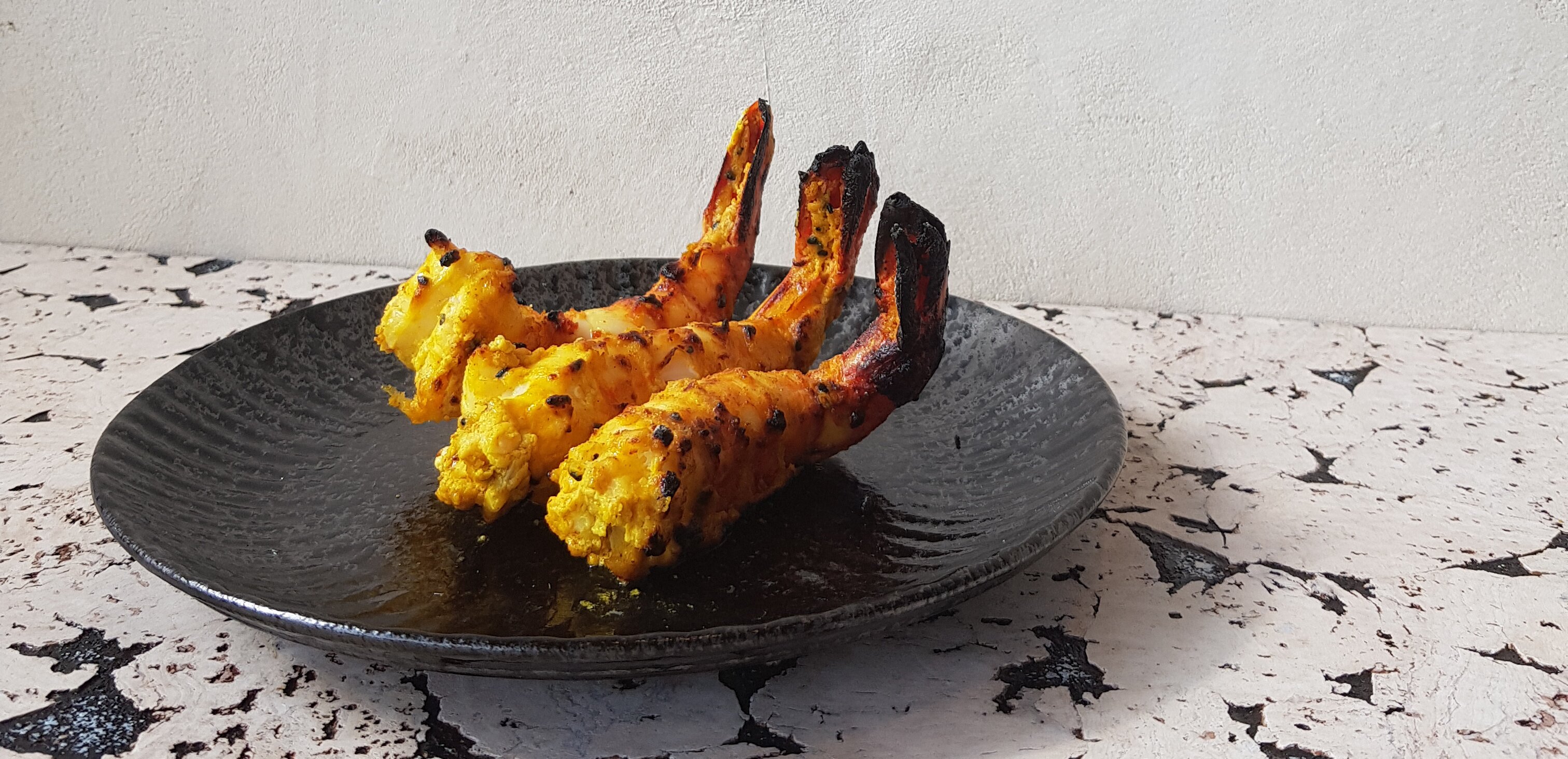
“We’d taken possession of the site at the end of last year, we’d taken on staff members in early March, our chefs were working on the menu and we were scheduled to open in late March,” explains Ravinder. And then lockdown hit. Because it was a new business, they didn’t qualify for any government support. “We had three chefs with families, plus our family, all relying on the restaurant for a livelihood,” she says.
We had three chefs with families, plus our family, all relying on the restaurant for a livelihood
The couple were forced to re-evaluate their plan, with the most obvious being to open as takeaway-only. “I was against it at the start. We were planning on being a dine-in restaurant, not a takeaway. We didn’t know how well our food would travel. Plus, we had no reputation, no customer database – we didn’t want to send out food that didn’t do us justice.”
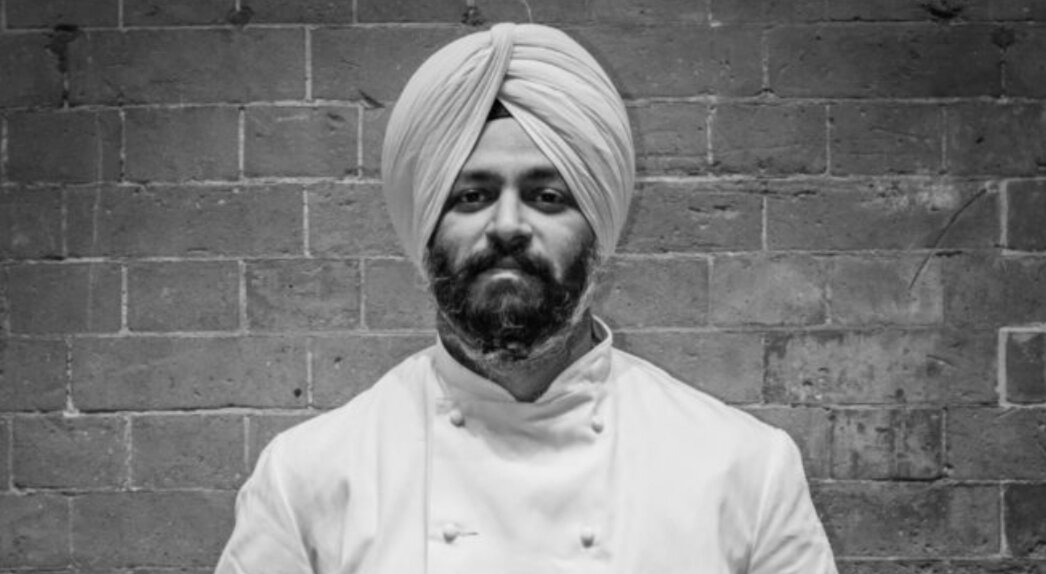
The couple and their chefs sat down and devised a limited menu of food that would travel. “We immediately had to take all seafood dishes off and all fried things, as they went soggy.” Dishes they thought would work, they bagged up, let sit for half an hour and then sampled to make sure they met their standards. Then they launched on 11 June as takeaway-only.
A random drop-in from their now-PR convinced them to run a small local campaign and, so far, they have been surprised by how well it has gone. With limited numbers of quality Indian restaurants doing takeaway in the area and plenty of small companies receptive to new brands, the take-up has provided an invaluable revenue stream – one they intend to keep going for the immediate future to provide additional revenue, which is needed now the restaurant has opened with 12 fewer covers than their business model planned for.
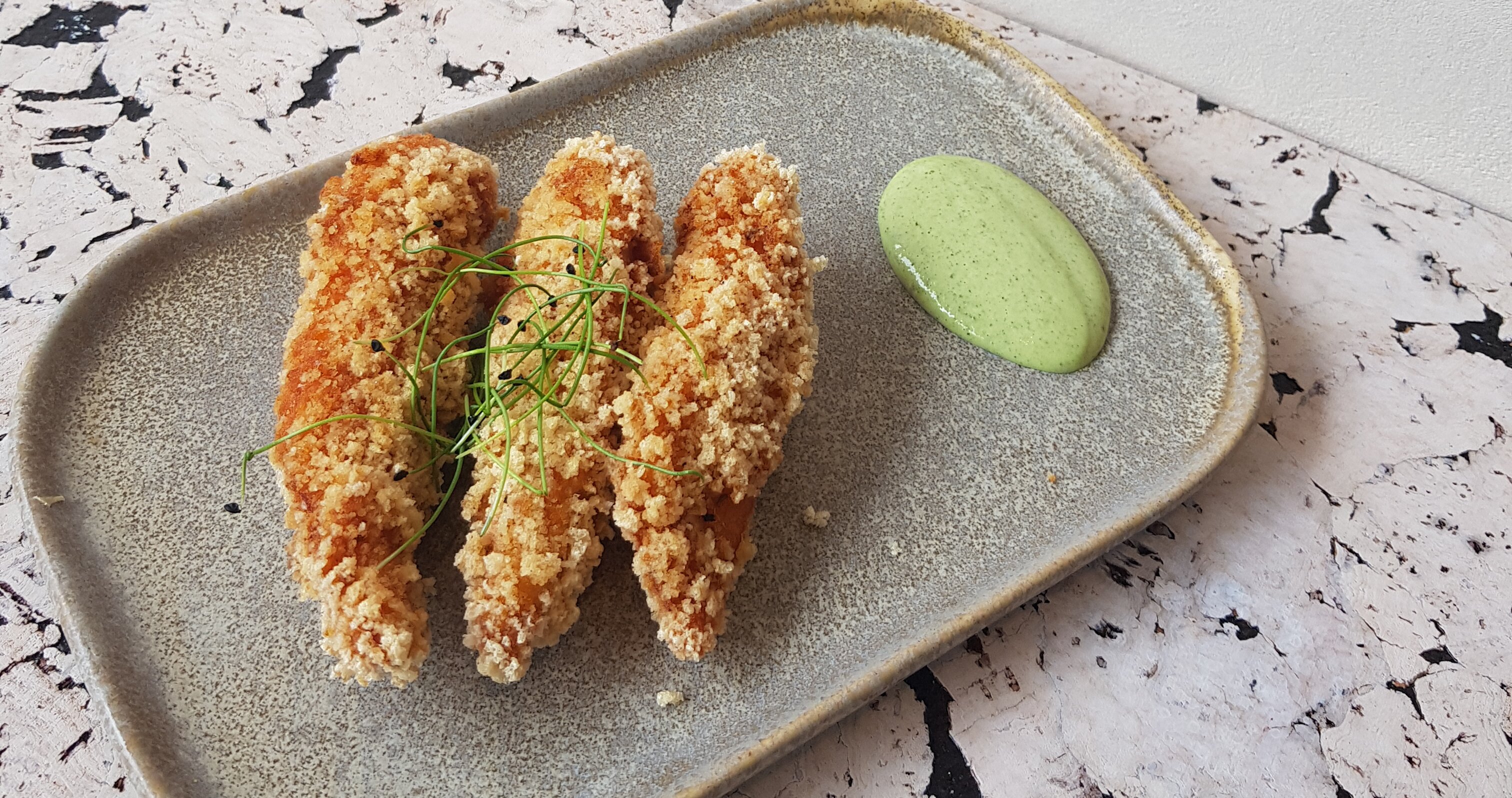
“It’s an issue,” says Ravinder. “We’re a small restaurant so eliminating a quarter of our customers isn’t easy. But if we want to open, these are the measures we have to take.”
Wimpy, Orpington
Nico and Jade Sokoli already ran two Wimpy franchises in south-east London and were about to open a third in Orpington when coronavirus started to spread globally. The scheduled opening date was 24 March and then, the day before launch, lockdown happened.
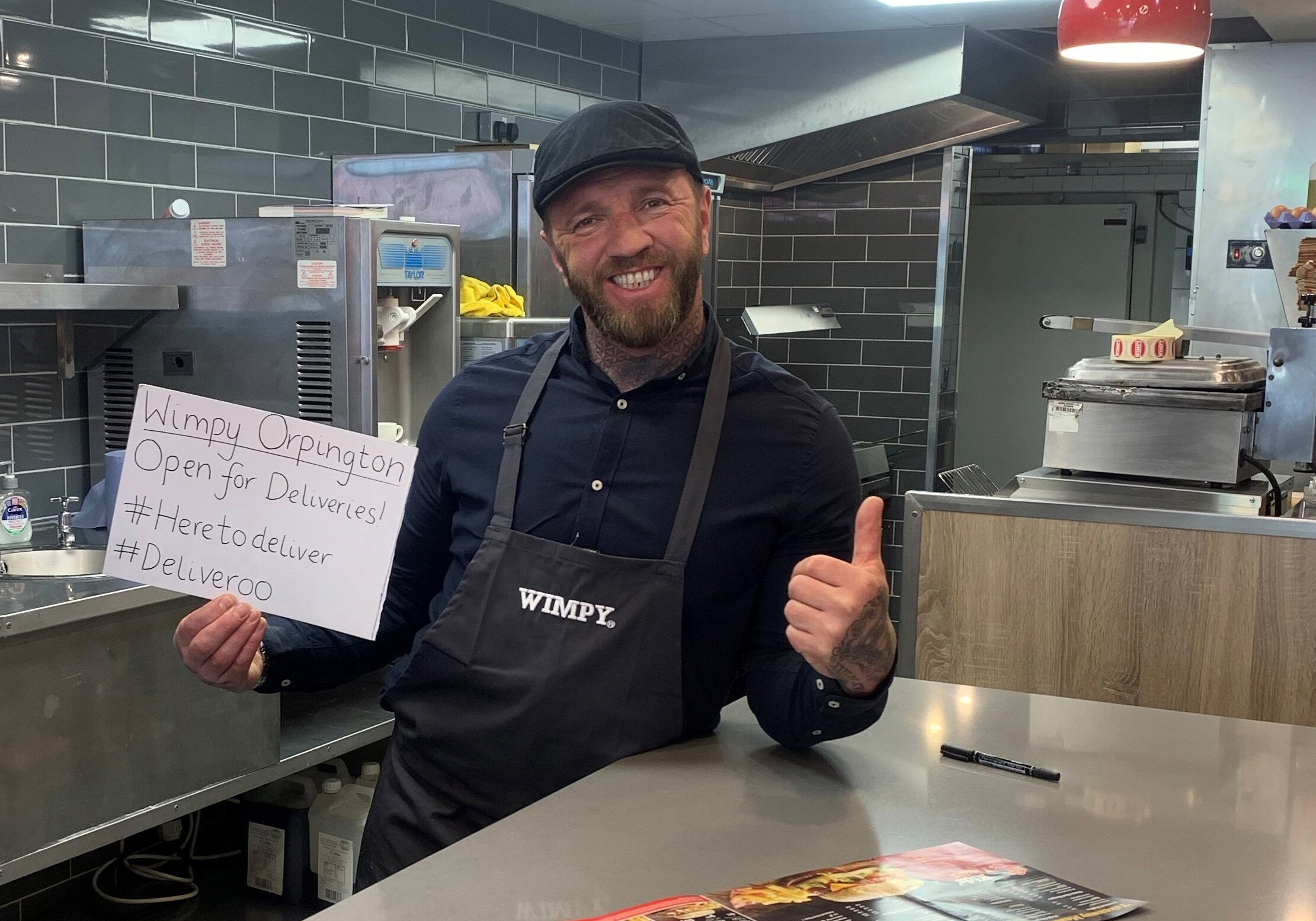
“Wimpy was really supportive,” says Jade. “They understood completely if we felt we needed to close, but if we wanted to stay open they said they would give us all the support we needed.”
The couple decided to stay open, pivoting from what would have been a predominantly eat-in model to 100% takeaway. They were provided with screens and PPE by Wimpy and sat down with their four-strong staff to discuss any concerns – a meeting that they subsequently held daily to make sure everyone was still comfortable coming in.
“They all had families and mortgages to pay, so they wanted to keep working. And because of the strict guidelines Wimpy gave us and the protective equipment, we all felt it was safe to do so,” says Jade.
We have to compete with the likes of McDonald’s and Burger King, so that personal service is really important
The decision not only allowed them to maintain revenue during lockdown, but meant they could provide a local service that was otherwise lacking. “We were the only place open in the area during the first two weeks. We’d get bus drivers in who’d driven around all day and hadn’t seen anywhere to eat, as well as lots of NHS workers, who we rewarded with free drinks and money off.”
All of this meant invaluable interaction with the local community – a priceless commodity for a new business. “It was quite exciting – pandemic or not,” says Jade. “Some of the people who came in hadn’t left their houses for weeks and we were their first interaction with the outside world. We have to compete with the likes of McDonald’s and Burger King, so that personal service is really important.”



